The CITB Migration Report 2023
[edit] Summary of the reports findings by CITB
The Construction Industry Training Board (CITB) latest Migration and Construction report highlights low levels of awareness and engagement with the Points-Based System (PBS) post-Brexit, continuing to exacerbate existing skills shortages within the sector. It is the sixth report and the first since the end of the pandemic and the introduction of the Points-Based System in January 2021 when the UK formally left the EU.
Although there are plans to work closely with industry to make employers more aware of the benefits and how to navigate the PBS system, the report highlights that only half of employers surveyed were aware of the PBS, and only 7% of employers reported that they had signed up as a licensed sponsor.
Addressing any barriers preventing employers, particularly small and medium-sized enterprises (SMEs) accessing the scheme and benefitting from recent changes to the Shortage Occupation List would help enable employers to more easily recruit migrant workers in high-demand occupations. Other key findings of the report included:
- The share of migrant workers in the construction workforce fell to 9.8% in 2021 (latest year data is available for) from 10.2% in 2020 and 10.7% in 2018.
- Even in the early stages of recovery from the pandemic, and despite modest growth in output, over half (55%) of employers indicated that they have faced recruitment difficulties over the past two years.
- Almost a quarter (23%) of firms reported that recruitment had been very difficult. These problems have been greatest for larger firms employing more than 100 people (76% of employers) and in London, South-East and East of England (62%).
- The industry needs to deliver on its commitment to grow and invest in its domestic workforce by tackling long-standing weaknesses in how it attracts, retains and develops its workers skills and capability by raising the levels, quality and relevance of training.
- However, the Government, Construction Leadership Council (CLC) and industry need to work together to raise employer understanding and awareness of the PBS and to make the system work better for construction to address some of the critical short-term skills needs that industry now faces.
For further details and to download the report visit this link
[edit] Response to the reports findings by CIOB
The Chartered Institute of Building (CIOB) has reacted to CITB’s newly published Migration Report, highlighting the significant barriers the construction industry faces in recruiting workers from abroad.
David Barnes, Policy and Public Affairs Manager at CIOB, said: “Migration is a vital factor in plugging the significant skills gap across the construction industry. CIOB welcomes this new report by CITB which further highlights the clear need to increase the domestic pool of construction workers.
“Research clearly shows many construction companies feel migrant workers are critical to their business, but the new points-based system is convoluted and expensive – potentially deterring companies from looking overseas when recruiting.“CIOB has also worked closely with the Construction Leadership Council (CLC) following the recent Migration Advisory Committee’s review of the Shortage Occupation List.
“Together, we identified the most difficult areas to recruit within alongside the need for far more flexibility to help achieve key governmental targets in areas such as housebuilding. We urge the Government to consider drastic improvements to its engagement with construction companies regarding the points-based system and to review both its cost and navigation.”
This article is based on the article "CIOB reacts to CITB Migration Report" dated June 22, from the CIOB news and blog site and the article "Construction firms report on post-Brexit migration" from the CITB news site dated June 21.
--CIOB
[edit] Related articles on Designing Buildings
- Brexit.
- Home thoughts from abroad: Immigration.
- Home thoughts from abroad: skills development.
- Immigrant skills charge.
- Modern slavery.
- The Professional Qualifications Act 2022.
- Professional Qualifications Bill.
- Regulated Professions Register.
- Shortage occupation list SOL.
- UK Points-Based Immigration System 2020.
Featured articles and news
Places of Worship in Britain and Ireland, 1929-1990. Book review.
The emancipation of women in art.
CIOB Construction Manager of the Year 2025
Just one of the winners at the CIOB Awards 2025.
Call for independent National Grenfell oversight mechanism
MHCLG share findings of Building Safety Inquiry in letter to Secretary of State and Minister for Building Safety.
The Architectural Technology Awards
AT Awards now open for this the sixth decade of CIAT.
50th Golden anniversary ECA Edmundson awards
Deadline for submissions Friday 30 May 2025.
The benefits of precast, off-site foundation systems
Top ten benefits of this notable innovation.
Encouraging individuals to take action saving water at home, work, and in their communities.
Takes a community to support mental health and wellbeing
The why of becoming a Mental Health Instructor explained.
Mental health awareness week 13-18 May
The theme is communities, they can provide a sense of belonging, safety, support in hard times, and a sense purpose.
Mental health support on the rise but workers still struggling
CIOB Understanding Mental Health in the Built Environment 2025 shows.
Design and construction material libraries
Material, sample, product or detail libraries a key component of any architectural design practice.
Construction Products Reform Green Paper and Consultation
Still time to respond as consultation closes on 21 May 2025.
Resilient façade systems for smog reduction in Shanghai
A technical approach using computer simulation and analysis of solar radiation, wind patterns, and ventilation.
Digital technology, transformation and cybersecurity
Supporting SMEs through Digitalisation in Construction.
Villa Wolf in Gubin, history and reconstruction. Book review.
Construction contract awards down one billion pounds
Decline over the past two months compared to the same period last year, follows the positive start to the year.
Editor's broadbrush view on forms of electrical heating in context.








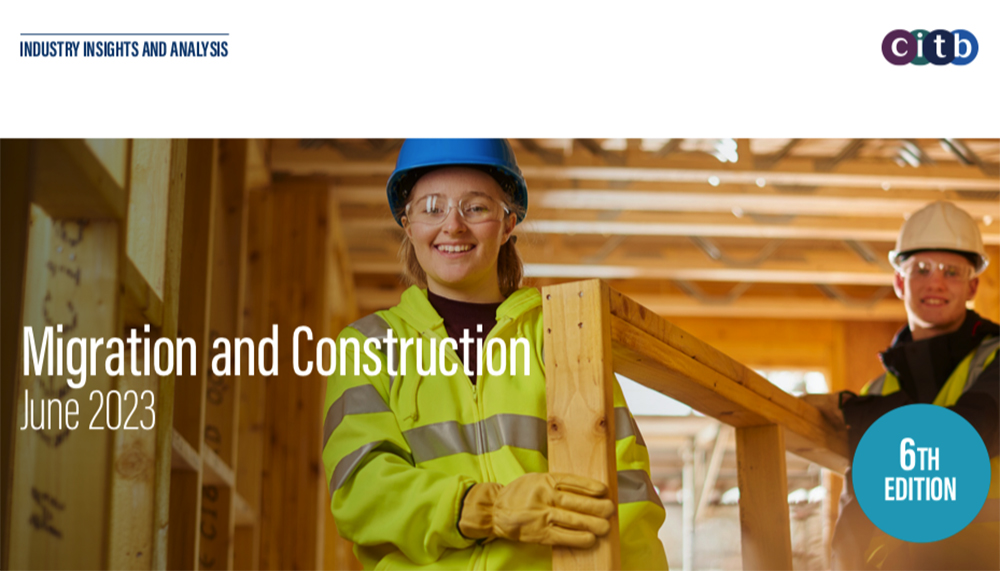




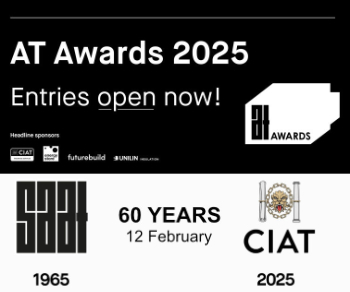

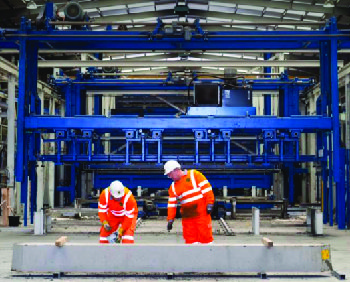





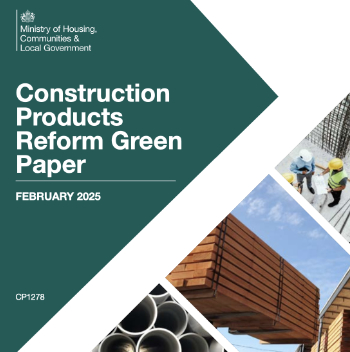
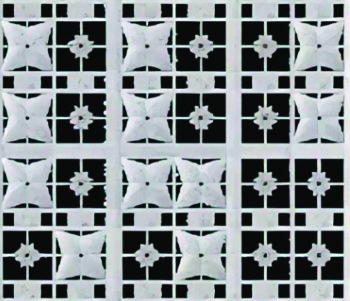



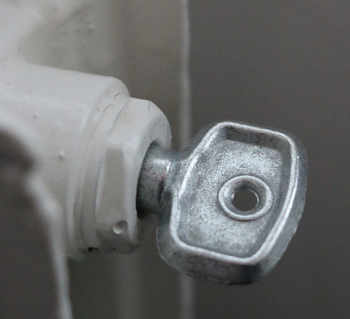
Comments
[edit] To make a comment about this article, click 'Add a comment' above. Separate your comments from any existing comments by inserting a horizontal line.